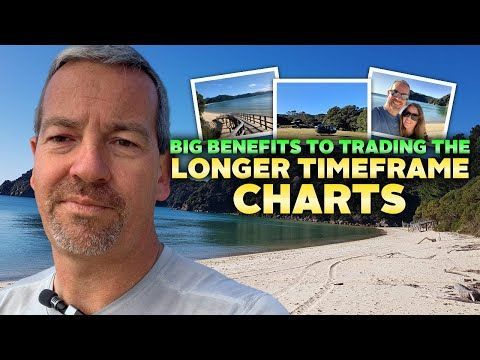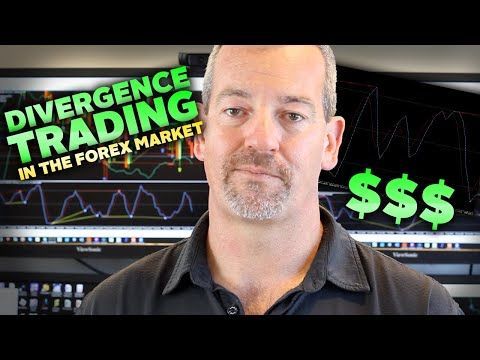
BLOG
Blog

By Andrew Mitchem
•
21 Sep, 2023
In today's video podcast, I want to discuss the reasons I am drawn to trading longer time frame charts and the remarkable benefits and results that stem from this approach. Let's dive right into it. Greetings, fellow traders! This is Andrew Mitchem, the Forex Trading Coach, here with video podcast number 517. I find myself in one of my cherished spots, Awaroa Beach, as we approach the end of winter in New Zealand. My wife and I arrived here today by helicopter after visiting some friends. We're now preparing to enjoy a beachfront lunch. As you can see, there are just two other people on this beach besides us. Why am I sharing this with you? Trading with a focus on daily charts has allowed me to savor moments like these. Earlier this morning, I approached my trading method with patience, executing three daily trades. I also made a trade yesterday and ventured into the 8-hour charts. Last night, I took advantage of the 6-hour charts, and that wrapped up my trading for the day. The rationale behind trading on longer time frames is that it necessitates minimal daily monitoring. Regrettably, many traders fall into the trap of fixating on 1-minute, 5-minute, or even 15-minute charts, cluttering their screens with intricate patterns. Brokers inundate them with technical analysis, fostering the belief that this is the path to success. However, seasoned traders distinguish themselves by focusing on candle patterns, price action, and broader market analysis. They delve into concepts like strength and weakness, reaping the advantages of longer time frame charts. This approach suits individuals with families, careers, travel plans, or other commitments, allowing them to trade full-time while enjoying their lives. Personally, I analyze the charts at 5 p.m. New York time, relying on daily charts and kick-starting my week with a look at the weekly charts. At the beginning of each month, I delve into the monthly charts. This, complemented by daily chart analysis, keeps me informed. Additionally, I dedicate time to review the 12-hour, 8-hour, and 6-hour charts simultaneously, a task that consumes a mere 15-20 minutes each day. Furthermore, I examine the close of the 4-hour, 6-hour, and 12-hour charts at 5 a.m. New York time, but I must stress that you need not be tethered to your charts at that hour. I find it convenient, as it coincides with multiple time frame changes, providing ample time to analyze market movements without being driven by emotions. Look at the breathtaking view behind me. Although the tide is currently out, I plan to take a swim once we conclude here. It serves as a testament to what is attainable when trading longer time frame charts. Moreover, it's essential to debunk the misconception that trading longer time frames necessitates substantial accounts. This is simply not true. If you're keen on exploring this approach further, I recommend scheduling a conversation with me or one of my team members. We're more than happy to engage in a 30-40 minute discussion with individuals genuinely interested in trading. However, please refrain if you're seeking free advice without a commitment to learning. We cherish our community of dedicated traders worldwide and aim to keep it vibrant and thriving. Additionally, if you're in search of a reliable broker, I enthusiastically recommend considering Blueberry Markets, an Australian-based brokerage with an impressive range of offerings, including MT4 and MT5 platforms. That's a wrap for now. I'm off to enjoy lunch, take a refreshing swim, and then return home. I look forward to reconnecting with you next week. Farewell for now!

By Andrew Mitchem
•
21 Sep, 2023
Trading can be a challenging endeavor, and one critical aspect of success is mastering your emotions. Let's delve into this topic further. Hello, fellow traders! I'm Andrew Mitchem, the founder of the Forex Trading Coach, presenting you with video and podcast number 518. So, what kind of individual makes a successful trader? Today, I'll be quite straightforward, and my words might ruffle a few feathers, but perhaps that's necessary. To increase your odds of becoming a proficient trader, you must learn to manage your emotions. Being erratic and emotionally driven won't serve you well in the trading world. Balancing Strategy and Emotions Trading is not just about having a strategy and comprehending the market; it's also about understanding your own mind, emotions, and heart. We trade with real money, and emotions inevitably play a significant role. You can't ignore that fact. While you might not fully grasp this concept if you're trading on a demo account, it becomes abundantly clear when you switch to live trading. To succeed in trading, you must harmonize your emotional and psychological aspects with your strategy and market knowledge. We've all witnessed emotional and reactive behavior in various aspects of life. Whether it's road rage while driving or airport meltdowns due to stress, these emotional outbursts are all too common. In recent years, with global events unfolding, we've seen individuals expressing strong emotions when their opinions differ from the mainstream. While it's entirely natural for people to hold diverse views, some respond emotionally rather than engaging in thoughtful discourse. The same principle applies to trading. You must gain control over your emotions. It's imperative. Develop a Plan and Stick to It Maintaining emotional control in trading requires having a plan and adhering to it. Some traders may impulsively change their approach, saying things like, "The 6-hour charts are useless because they didn't work last week, and I lost money." This kind of reaction is counterproductive. Consider my strategy, for example. I consistently examine daily charts and the 12/8/6-hour charts at specific times each day. I do this without fail, and it has been a practice since 2009. We publish our daily trades every day, and we conduct weekly live webinars unfailingly. Emotional reactions also extend to risk management. After a losing week, some traders might double their risk the following week or decide not to use stop losses. These emotional decisions do not contribute to consistency. Consistency is Key Consistency in trading relies on having a sound strategy, using common sense, adhering to your plan, and showing up consistently, regardless of market conditions. This consistency stems from your mindset, emotions, and determination. If you're willing to work on mastering your emotions, developing a plan, and sticking to it through the ups and downs, then it's time to reach out to us. You can contact us via email or book a call to speak with me or one of my team members. I'll include a link in this video and podcast for your convenience. Blueberry Markets Lastly, if you're in search of a reliable broker, I highly recommend Blueberry Markets in Australia. They offer the Metatrader 4 and Metatrader 5 platforms, along with a wide range of markets on MT5. They are known for their excellent customer service and responsiveness to client needs. In conclusion, mastering your emotions, maintaining discipline, and being consistent are essential elements for successful trading. Relax, enjoy your trading journey, and remember that emotional control is the key to your success. I look forward to speaking with you again next week. This is Andrew Mitchem at the Forex Trading Coach. Goodbye for now.

*Please note that some links on this website are affiliate links. I will earn a commission if you purchase through those links.
The opinions I express are entirely my own. I truly believe that Andrew Mitchem’s approach works and I apply all of his recommendations to my own trading. The money earned from affiliates are reinvested directly into my trading account where I use the Forex Trading Coach system.


